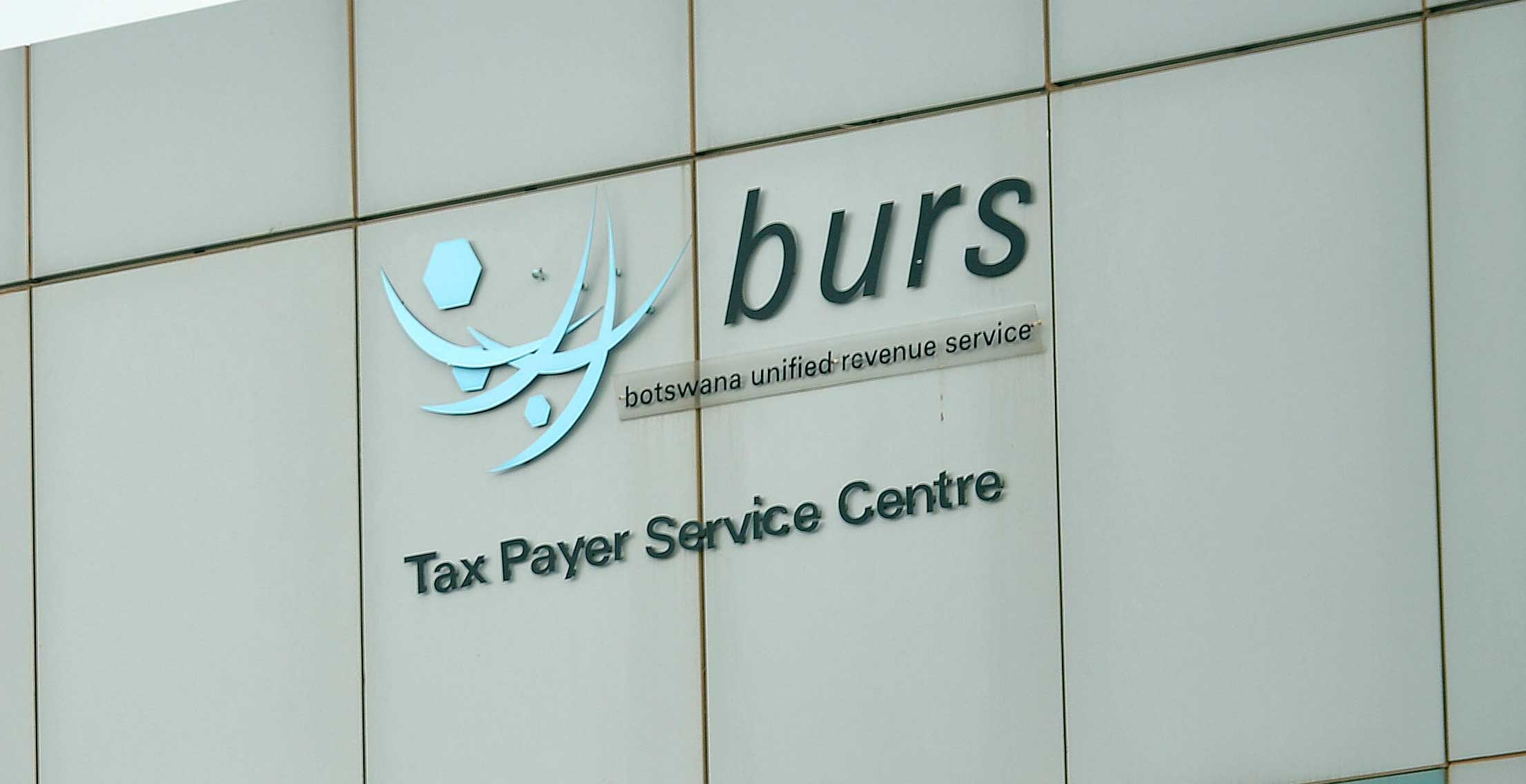THE TAX DIALOGUE
Jonathan Hore
Effective 23 May 2015, the VAT Act (Act) was amended to increase the sales threshold of VAT registration from P 500 000 to P1m. This means that ordinarily, any person needs to have made taxable sales of at least P1m in any 12month period for them to register for VAT. What then tends to happen is that taxpayers believe that they can’t register for VAT without reaching the P1m in sales. Fair and fine, that sounds to be in line with the law but not until we get technical and analyse the same Act to unravel what it says. That is exactly what I will do today. In this article, words importing the masculine shall be deemed to include the feminine.
THIS IS IT
So, I will dedicate this article to analysing how a business can register for VAT without reaching P1m in annual sales. This is important in the sense that if you are not registered with BURS for VAT, your costs immediately shoot up by 12% as you can’t claim the VAT that you pay when you acquire goods and services. Let’s say you are working on a project which requires P10m excluding VAT, that cost may in fact turn out to be P11.2m if you are not registered for VAT. The P1.2m becomes your cost as you will be the final consumer.This is why registering for VAT is important as it reduces business expenses.
The following are the ways in which you can register for VAT without reaching P1m in sales:
- Voluntarily register: I am pretty aware that the threshold for voluntary registration was also increased from P0 to P500 000, which means that whilst persons could previously register for VAT without making any sale, they are now required to register for VAT only upon attaining turnover of P 500 000. The P500 000 is not matched to a 12month period like the P1m is, as discussed above. Therefore, one needs to prove through invoices that they would have sold goods or services in excess of P500 000 if they are to register for VAT. This is what is called voluntary registration, which means that one is not compelled to register due to attaining a turnover of P1mbut they chose to become a VAT registrant.
- Reasonable expectation: Given that we have analysed voluntary registration, we now turn our attention to mandatory or compulsory registration. This is a scenario which is linked to the attainment of P1m turnover. In other words, if one sells more than the stated P1m in any 12month period, they have no option but to apply for registration within 21 days of reaching that threshold, to avoid hefty penalties from BURS. Apart from using the above-mentioned sales threshold, one may also apply for registration in terms of a provision of the Act which allows for suchregistration on the basis that one has a reasonable expectation to attain P1m in a 12month period. In other words, where one would not have attained a turnover of P1m but they expect to reach such threshold in the ensuing 12months. This may be provedby submitting a tender awarded to the applicant, a sale agreement, delivery notes or any other such documentation which shows that the applicant has reasonable expectation to reach theP1m in the ensuing 12months. Another scenario which may be used as a basis for registration is where one would have traded for say 4 months and their sales show that they will exceed the P1m, if extrapolated to 12months.
Conclusion
I believe I have managed to demonstrate that onedoesn’t necessarily need to reach P1m in sales for them to register for VAT. It may also happen that one may intend to invest considerable amounts in a certain project and will not have any revenue but still, an application for VAT registration may still be made. Each case is evaluated per its merits and this is where professional tax advice becomes handy.
Well folks, I hope that was insightful. As Yours Truly says goodbye, remember to pay to Caesar what belongs to him.If you want to join our Tax Whatsapp group, send me a text on the cell number below.
This article is of a general nature and is not meant to address particular matters of any person. Tax advice is recommended if transactions are contemplated.
Jonathan Hore is a Managing Tax Consultant at Aupracon Tax Specialists ad feedback can be relayed to jhore@aupracontax.co.bw or 71815836.




